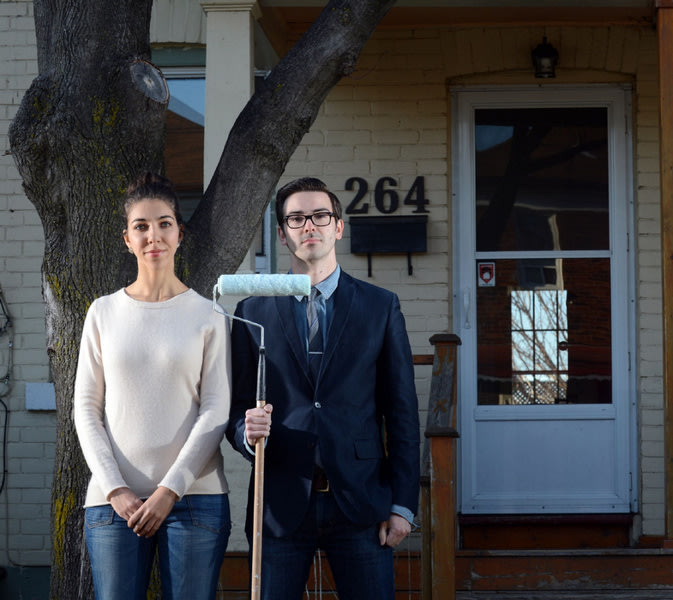
By Tim Parker | Investopedia
Did you get a brochure in the mail or an email that offered a great way to chop off six to eight years from your home
loan?
The way to do this, according to the brochure, is to no longer pay one monthly mortgage payment but instead, pay
every two weeks. The conventional logic is that increasingly the frequency of the payments doesn't allow interest to
build up and over the course of a 30- or 15-year mortgage that can equal years eliminated from your loan.
Before you sign up for these biweekly payments, let's see if the accepted logic is actually true and if you're really
saving money.
Better Credit?
According to Bankrate, some people believe that making biweeklypayments improves their credit, but this is no
more than a myth according to experts. Using a biweekly payment schedule set up by your mortgage lender puts
you on an automatic withdrawal plan that assures that your payments are made on time. If you're the type of
person who misses payments from time to time because you forgot to write the check, an automatic payment
schedule will improve your credit because of the on time payments, but you can get the same advantage with an
automatic monthly payment too.
Reduces Interest?
Sadly, this is another myth not to believe. Depending on the particulars of your loan, there is a good chance that
the company receiving your mortgage payment isn't the company that holds the loan. Although you're paying twice
per month, the servicer receiving your payment isn't making biweekly payments to the company who owns your
loan. They're likely holding it in an account until the end of the month.
But does this mean that the interest that is building up isn't reduced? Remember that each calendar year has 52
weeks and if each month has four weeks that would only be 48 weeks. This means that biweekly payments won't
consist of two payments each month but instead, 26 half payments which equals the equivalent of 13 monthly
payments in a year. If the math is a little tough to follow, it works like this: Biweekly payments are equal to 13
monthly payments in a year where making traditional monthly payments are equal to 12 payments each year. By
paying an extra month, you're paying extra principal which shaves six to eight years off the life of the loan over
time.
But do you have to make bimonthly payments to do that? You could divide the amount of one month's payment by
12 and add that amount to your monthly mortgage payment. If you're paying $1,500 per month, divide 1,500 by 12
and make your monthly payment $1625. Talk to your mortgage company first to make sure there isn't something
more you have to do to make sure it is applied to the principal amount of your loan.
Don't Make it a Contract
There are two problems with answering the call from your lender for biweekly payments. First, the reason they
want to sign you up for this plan is because there will be a fee and that's more revenue for the bank. They are
charging you to give them a two week loan, according to Bankrate. Second, most consumers already have enough
contractual payment obligations in their life. Especially for those without a lot of financial reserves, it is better to
keep some flexibility in your budgeting rather than committing to the biweekly payments. You can always make
extra payments when you get three paychecks in a month, receive a tax refund or come in to unexpected money.
The Bottom Line
Don't fall for the advertisement to make biweekly payments through a bank or mortgage servicer sponsored plan.
In this case, the benefits do not outweigh the gains.










